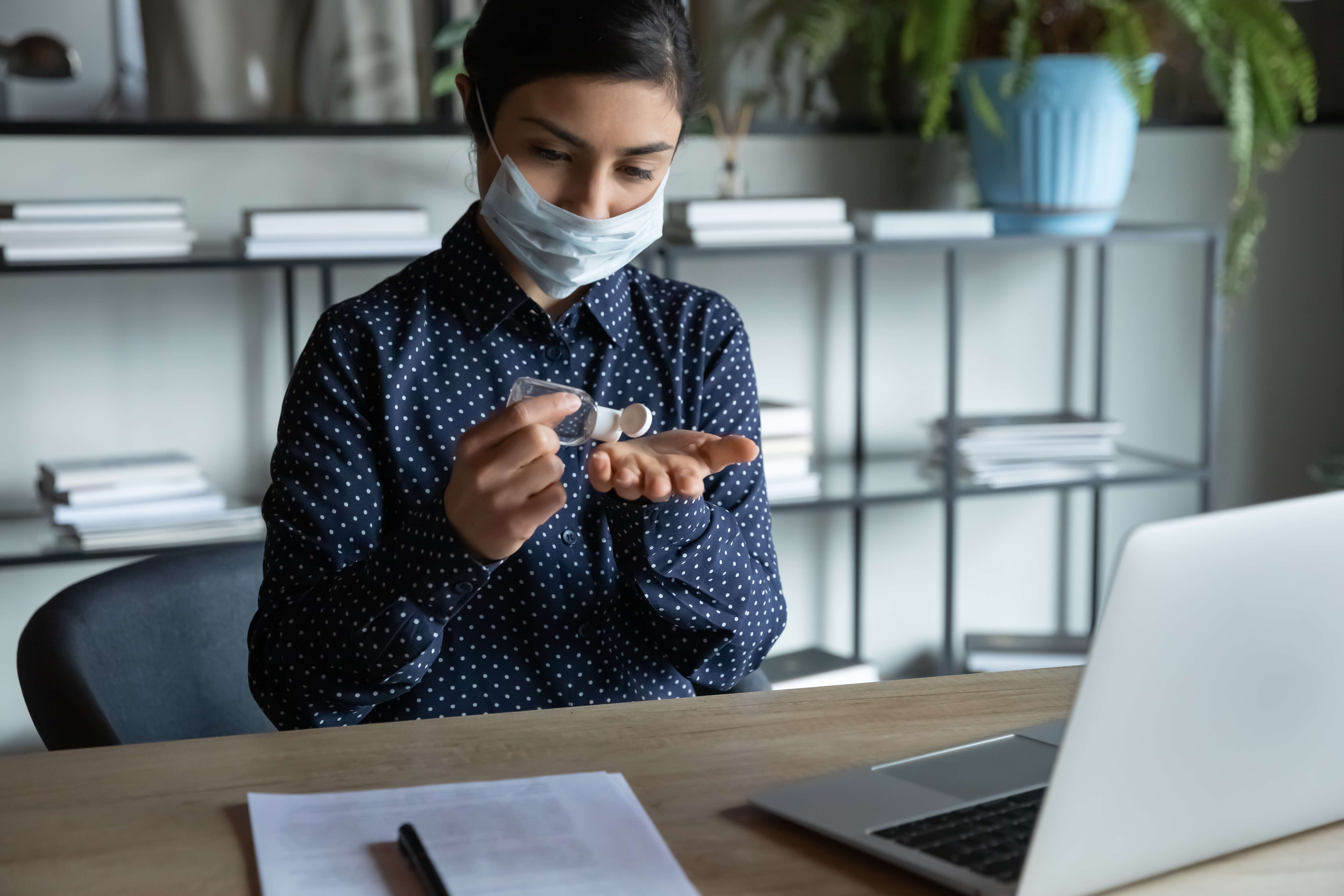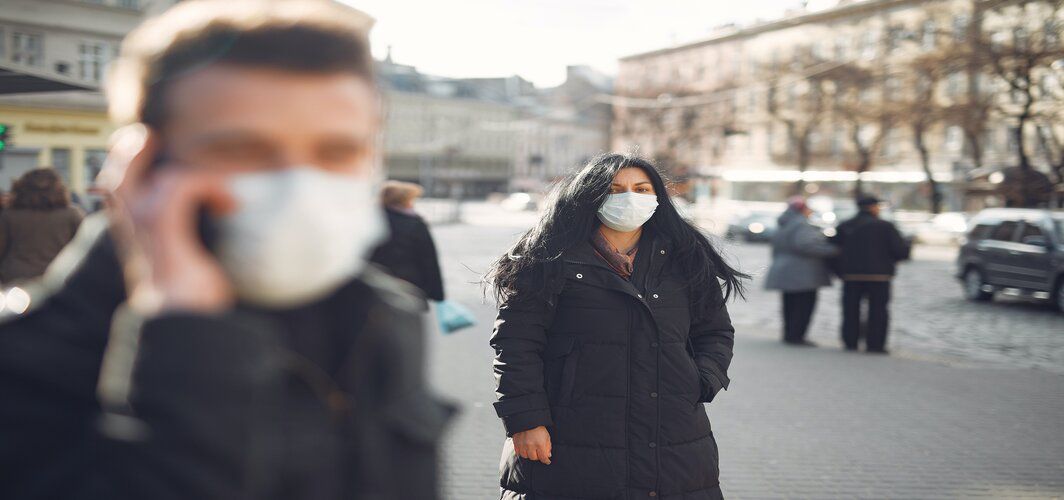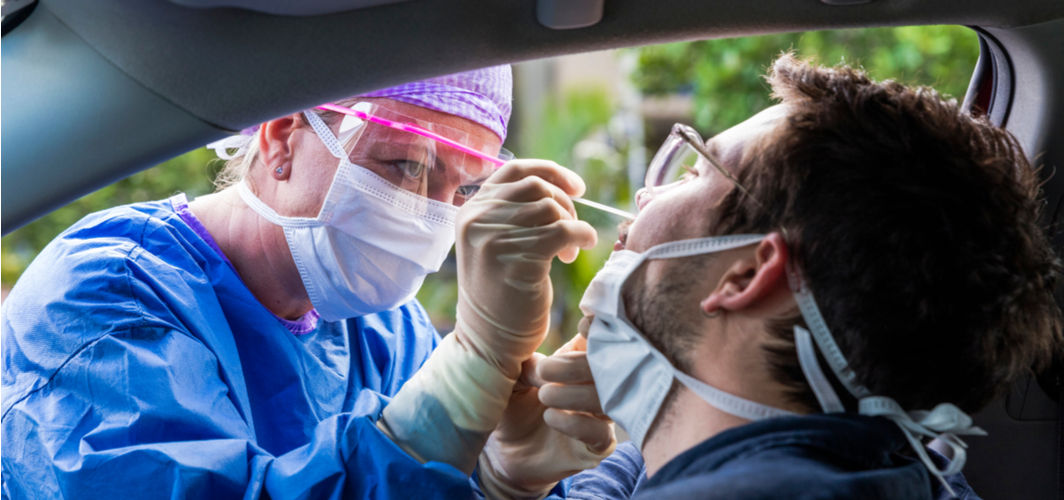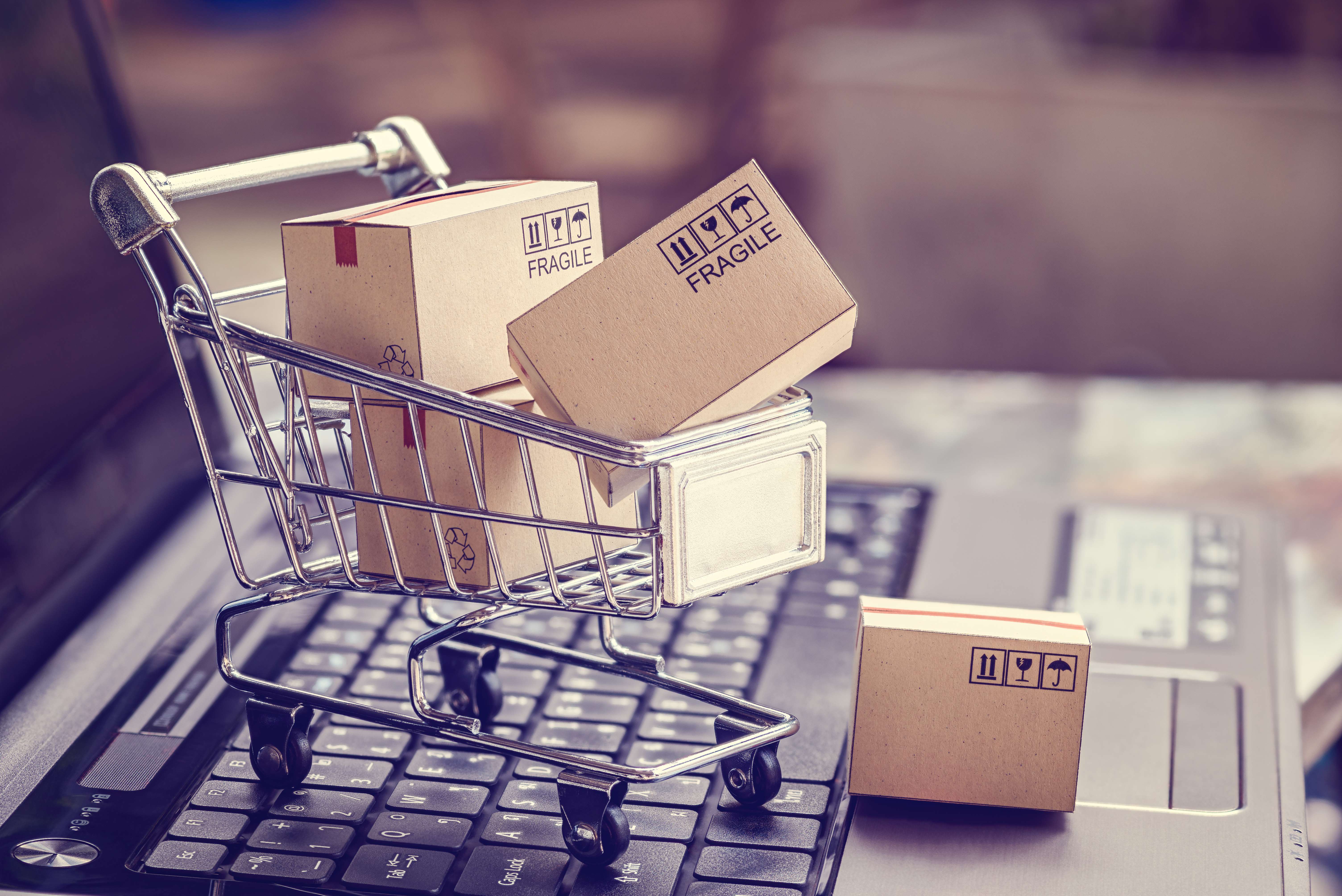Coronavirus Updates
What Safety Precautions Should Employees Returning to Work after the Lockdown Take?
7 min read
By Apollo 24/7, Published on - 15 June 2020, Updated on - 18 October 2022
Share this article
5
21 likes

After the announcement of Unlock 1.0 by the Indian government starting 8th June 2020, most activities have been allowed to resume outside containment zones. This means that many of us will be returning to work. Though all workplaces have been advised to take necessary precautions to protect their employees from the spread of Coronavirus, officegoers should also take necessary precautions to protect themselves.
The World Health Organization (WHO) has recommended some precautions that employees can take to prevent COVID-19 infection at the workplace which we have mentioned in this article.
Precautions to take when using public transport
Taking public transport to commute to the office can be risky as it is difficult to maintain social distancing and may involve interaction with a large number of people. Hence, using a private vehicle, or a private cab is advisable. However, if you must use public transport, ensure that you follow these precautions:
- Wash your hands thoroughly with soap and water for at least 20 seconds before you leave for the office. You can also use a sanitizer that contains at least 60% alcohol.
- Avoid taking pooled rides or multiple passenger rides with people who are from different households. Prefer occupying the back seat in larger vehicles like buses and vans. This will ensure at least 6 feet distance between you and the driver.
- Avoid touching the surfaces of the vehicle frequently touched by passengers, ticket collector or drivers (like handles, door frame, windows door frame and handles, windows, etc.) during the commute.
- Use cashless and touchless payment options, if possible. Try not to purchase water or eateries at the bus stand, market place, or station. Keep a sanitizer handy to use at places where you have no access to soap and water.
How to protect yourself in the workplace?
Once at the office, you can follow these precautions that can help prevent COVID-19 infection:
- Hand hygiene: After reaching the office, wash your hands once again with soap and water for at least 20 seconds. Alternatively, you can use a hand sanitizer. Do not touch your eyes, nose, and mouth with unclean hands. Ensure your workplace has access to hand wash/soap with sufficient water supply because washing hands frequently can kill the Coronavirus.
- Entry and exit point requirements: Fever is one of the major symptoms of COVID-19, so ensure that the security guard checks your body temperature using a digital infrared thermometer. The guard should avoid physical frisking as far as possible. Make sure that hand wash and sanitizer are made available at each entry, exit, and common areas of the office.
- Namaste over hugs and handshake: Instead of hugs and handshakes, you can do a ‘Namaste’ to greet office colleagues. This will help minimize the spread of infection.
- Staggered lunch breaks: All the office staff should go for lunch in a staggered shift to avoid too many gatherings. Individuals should maintain a minimum of 2 meters distance from each other in the cafeteria while having lunch. Disposable cups or plates should be used instead of common bottles or glass for eating and drinking purpose. Used plates should be discarded in the bin only. Try to bring your tiffin cooked at home instead of buying from the cafeteria. Do not forget to wash your hands or apply alcohol-based hand rub after eating as a good hand hygiene practice.
- Installation of Aarogya Setu app: As per government guidelines, you need to install the Aarogya Setu app on your smartphones. This will help you track your health record and trace the COVID-19 affected people around you. Besides this, timely provision and medical attention can be given to those who are at greater risks at the office.
- Avoid using Lift/Escalator: Push buttons in the lift are touched by thousands of people daily. The lift has a small area and people stand close to each other. As a result, social distancing cannot be followed. Hence, using the staircase instead of the lifts is recommended to prevent contamination.
- Clean workstation: Wipe the surface of your work station including tables, desks, telephones, keyboards with a disinfectant regularly. Discourage your co-workers to touch your desks, workstation, desktops, laptops, or other work tools, if possible. Frequently-touched surfaces are more likely to be contaminated and can become a source of COVID-19 spread.
- Avoid meetings: Face-to-face meetings should be avoided as far as possible. Meetings should be done only in urgent cases and face masks, tissue papers, and hand sanitizers should be made available to all the participants. Seating arrangements for the participants should be at least 2 meters or 6 feet apart to ensure social distancing. Meetings should be scaled down to fewer people as far as possible depending on the size of the room or hall.
- Gloves and face masks disposal: Dispose of used face masks and gloves into the waste bin before you leave for home. Ensure that the bin of the lid is closed at all times to prevent infection.
- Make sure that the housekeeping staff are cleaning the restrooms and workspaces frequently with disinfectants.
- Request colleagues who appear unwell to wear a mask and work from home, if possible.
Precautions to take while using office restrooms
Restrooms are one of the most common places in the office that is used by everyone. Hence, extra precautions should be taken before going to a restroom/washroom. Here are some important points which you should keep in mind before using the restroom at the office or public restrooms.
- Use of taps: Taps should be open or closed using paper towels only. It prevents the spread of the virus from the tap to your hand. Do not touch your face with the paper towel after its use. Dispose of the paper towels in a closed bin after use.
- Use of soap dispensers/bars: Liquid soap press point should be touched with the help of paper towels only. In the case of a soap bar, ensure soap-dish is well-drained to prevent soap bars from getting soggy. As per WHO, a touch-free soap dispenser should be used for hand washing to minimize touch.
- Use of electric air dryers: Hand washing recommendations by the Centers for Disease Control and Prevention (CDC) restrict the use of air dryers as it can spread microbes. In an article published by the Mayo Clinic, paper towels were considered superior when compared to electric air dryers from a hygiene standpoint.
- Touching doorknobs: According to the CDC, a paper towel should be used to open/close doors. It prevents the spread of the virus from the doorknobs to hands. Try to dispose of the paper towel after opening the doorknob to a bin with a closed lid. Once you are out of the restroom/washroom, use a hand sanitizer with at least 60% alcohol to clean your hands.
Things to do after reaching home
After reaching home, do not forget to clean your vehicle, disinfect your mobile phone, take a shower, and wash your clothes. According to the Centers of Disease Control and Prevention (CDC), minimum 70% of alcohol solutions are effective against Coronavirus surviving on the surface of the vehicle. Alternate to this, water and detergent can be used for cleaning vehicle surfaces. Wash your hands with soap for 20 seconds after washing your vehicle.
The CDC recommends using a 70% alcohol-containing solution to disinfect phones. Hence, you can use Isopropyl alcohol solution to clean your mobile phone surface. Avoid making contacts with your family members or, touching any household items until you have showered. Ensure your clothes are immediately washed in detergent and water.
Conclusion
Organizations have started standard staggered workforce shifts and alternate days working culture which has reduced the burden of transport rush. This has reduced the chance of spreading viral infection to the working class coming to the office. Besides this, health awareness campaigns, social distancing practice, hand hygiene, etc. in the office have boosted the confidence among the office goers. The important thing to remember is not to go to the office if you are feeling unwell and seek medical attention immediately. If you are healthy and must go to the office, you can follow the above precautions to protect yourself against the Coronavirus infection.
If you need some recommendations for surface disinfectant sprays and sanitizers, here are our top picks:
Coronavirus Updates
Leave Comment
Recommended for you

Coronavirus Updates
Coronavirus airborne transmission: The latest update
The latest scientific brief released by the CDC states that airborne transmission of the Coronavirus is possible under certain circumstances.

Coronavirus Updates
When Should One Get Tested for COVID-19 in India?
You should get yourself tested for COVID-19 if you show any symptoms after undertaking international travel in the last 14 days, had any contact with people who tested positive for the virus, are a patient of SARS, or you are a healthcare worker.

Coronavirus Updates
What Are the Precautions for Online Shopping During COVID-19?
It is safe to receive online deliveries provided you follow some precautions such as frequent hand washing, physical distancing, and other tips mentioned in this article.
Subscribe
Sign up for our free Health Library Daily Newsletter
Get doctor-approved health tips, news, and more.
Visual Stories

COVID-19: The situation on ground [6th July 2021]
Tap to continue exploring
Recommended for you

Coronavirus Updates
Coronavirus airborne transmission: The latest update
The latest scientific brief released by the CDC states that airborne transmission of the Coronavirus is possible under certain circumstances.

Coronavirus Updates
When Should One Get Tested for COVID-19 in India?
You should get yourself tested for COVID-19 if you show any symptoms after undertaking international travel in the last 14 days, had any contact with people who tested positive for the virus, are a patient of SARS, or you are a healthcare worker.

Coronavirus Updates
What Are the Precautions for Online Shopping During COVID-19?
It is safe to receive online deliveries provided you follow some precautions such as frequent hand washing, physical distancing, and other tips mentioned in this article.